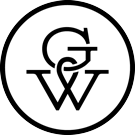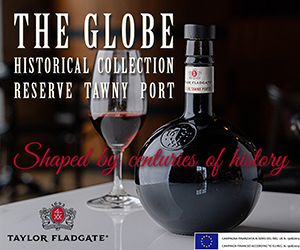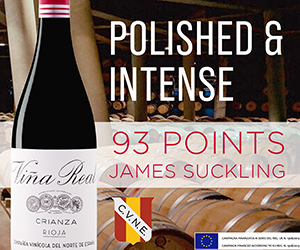Canada: Amending liquor laws: How a good idea can go bad Source: Globe and Mail by DAVID BOND Friday, December 10, 2010 12:25PM EST Dr.
Canada: Amending liquor laws: How a good idea can go bad
Source: Globe and Mail
by DAVID BOND
Friday, December 10, 2010 12:25PM EST
Dr. David E. Bond is the retired chief economist of HSBC Bank of Canada. He also serves as the executive director of the Association of British Columbia Winegrowers
Ron Cannan, the MP from Kelowna-Lake Country, has introduced a motion to amend the Importation of Intoxicating Liquors Act to permit the free flow of wine for personal use between provinces. That is something which under the existing law is not permitted and was instituted back in the 1920s to allow provinces to establish monopolies regarding the purchase, sale and distribution of booze.
The various provincial entities charged with upholding provincial liquor distribution regard any competition as being a direct threat to their authority and, in at least two cases, authorities have taken steps to shut off the flow -- no matter how small -- of trans-border shipment of Canadian wine. In one case, the Liquour Control Board of Ontario (LCBO) told British Columbia wineries that if they continued to ship directly into Ontario they would lose any listings they had to sell their product in Ontario.
Two things to consider about this action. First, the LCBO itself noted in a recent annual report that its sales in the Ottawa region increased substantially when there was a prolonged strike of the provincial liquor stores in Quebec. This would indicate that it is okay to take booze from one province to another when the LCBO is the beneficiary of such trade -- but not the reverse.
Second, by threatening to remove listings the LCBO conveniently avoided a legal fight that many lawyers feel they would lose on the grounds that the Act is unconstitutional.
While Mr. Cannan's motion means well, there is a genuine fear among many smaller wineries that, if successful, it could lead foreign wine producers shipping their products -- first to the lowest cost provincial jurisdiction -- and then to Canadians on a national basis. If this was ruled to be in violation of the law then these foreign producers would probably initiate actions to have the entire Act declared unconstitutional. That would open the floodgates to a tsunami of cheap foreign wine inundating our shores.
The world is awash in cheap wine and the likes of Two Buck Chuck are eagerly searching for markets. While amending the legislation seems like the sensible thing to do, perhaps a tacit agreement by the provincial authorities not to enforce the Act might be an effective way to handle the problem.
While it will stick in the craw of some of the provincial types, the total amount of revenue that they would not be collecting is estimated to be about $200 a case for probably no more than 4000 cases, or $800,000 spread over ten provinces. That hardly seems worth the effort, particularly if it exposes Canadian wineries to the cutthroat competition of the wine of the type that "cellared in Canada" has made so notorious.
Mr. Cannan is to be commended for his effort. Unfortunately the complexities of the various liquor acts and the effort to support and protect Canadian wineries make his simple solution unacceptable.
ED remark from Gismondi on Wine: The world is ALSO awash in high quality wine the likes of which are not easy to produce in Canada. Free interprovincial trade means finally leveling the wine field across the country. I believe it is the final step in building a competetive domestic wine market we can be proud or. It would also help to undermine the hideous trade practices of the monopolies. ag

 quicksearch
quicksearch





